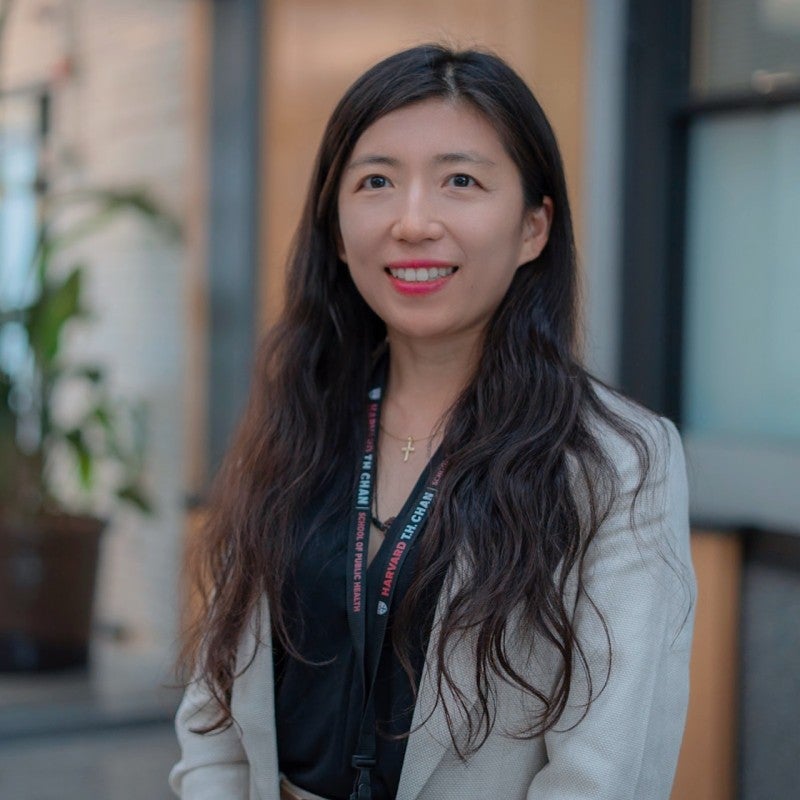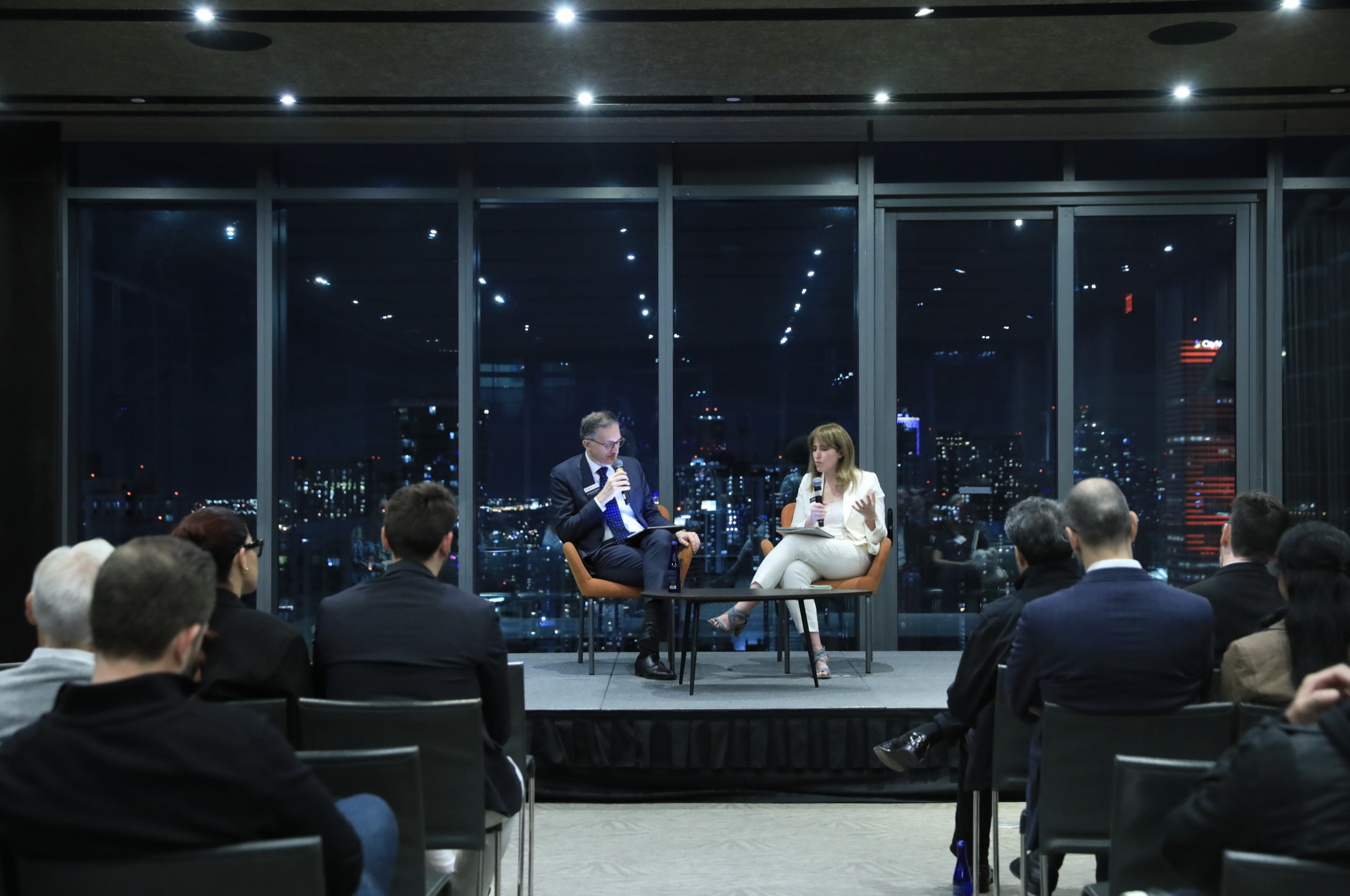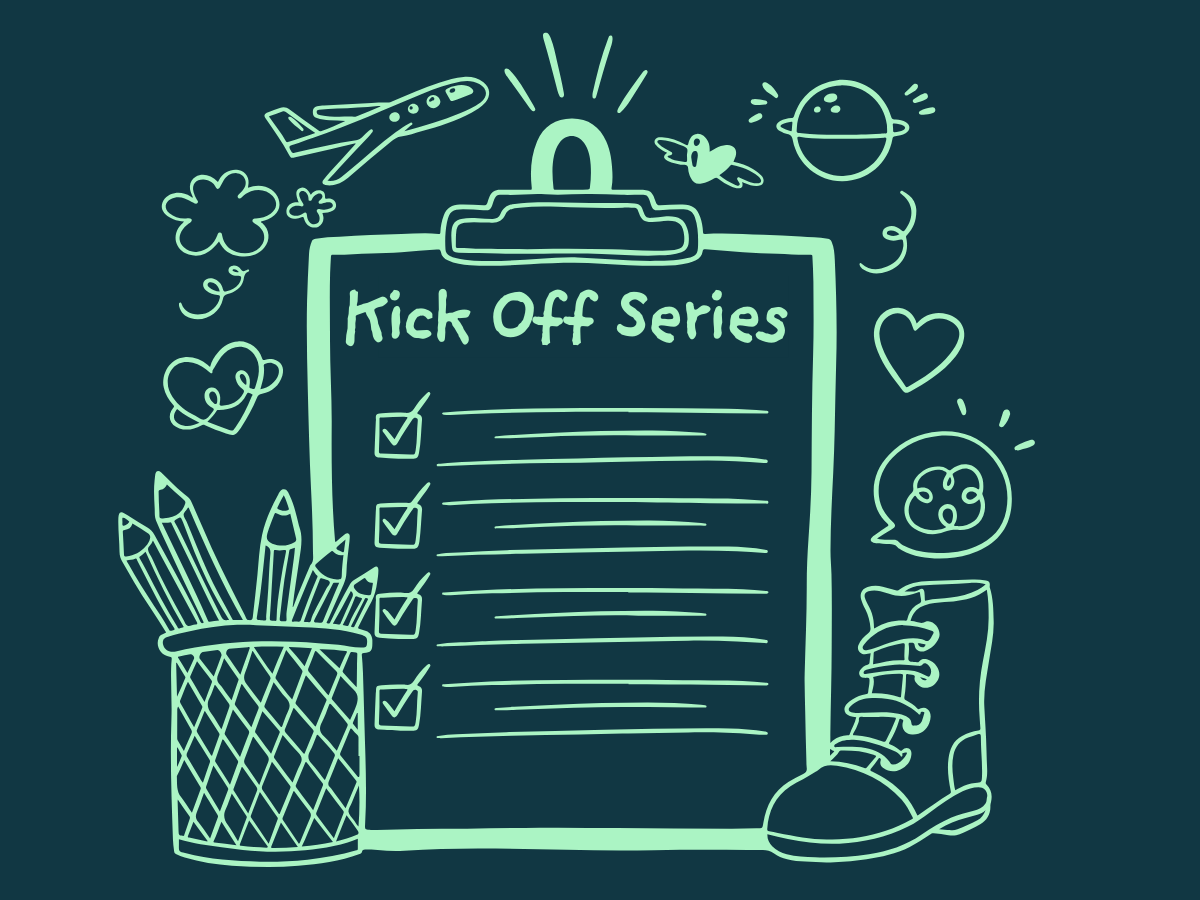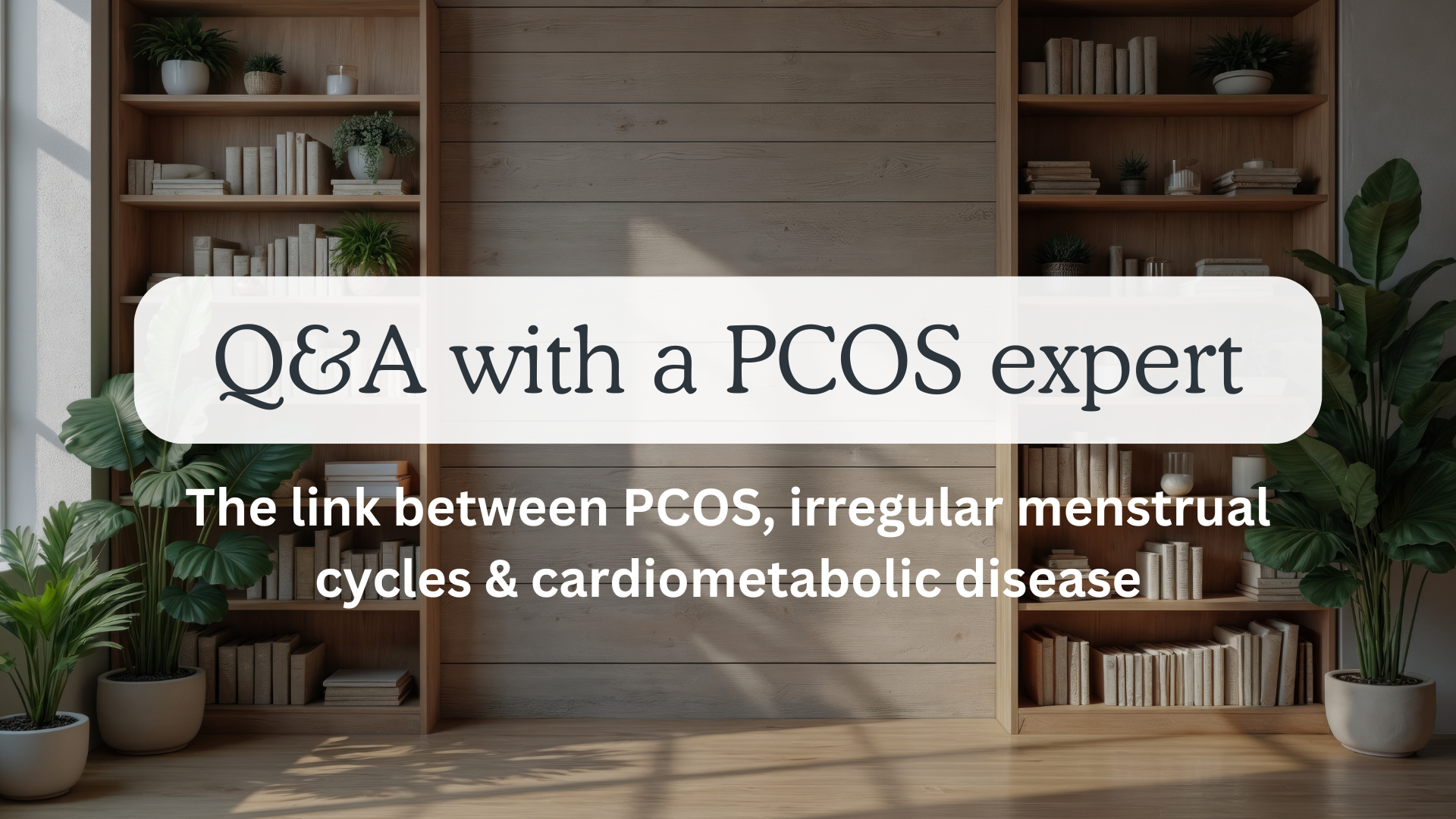Show and tell: Using honesty to confront uncertainty in science communication

You’re reading Show and Tell, which highlights communication “wins” from our community. Want more inspiration like this? Subscribe to our Call to Action newsletter. What to see your work here? Tell us about your win.
Who I am: Jie (Jane) Zhao – Takemi Fellow at the Harvard T. H. Chan School of Public Health and Assistant Professor at the University of Hong Kong School of Public Health.
What I created: I wrote an op-ed for STAT about the uncertainty around the health profile of seed oils, which have recently been the subject of scrutiny from high-profile figures like Robert F Kennedy Junior.
Why it matters: Seed oils touch nearly every household, school cafeteria, restaurant, and packaged food aisle. The uncertainty around their health impacts doesn’t just concern scientists; it affects public health policy, everyday dietary advice, consumer trust, and industry practices. Without clear, honest communication about what we know and don’t know, misinformation can spread, creating unnecessary fear or, conversely, fostering misplaced confidence. By pushing for transparency and humility in nutritional science, my op-ed calls for a more open dialogue among scientists, policymakers, and the public. This approach empowers individuals and communities to make better-informed decisions and holds institutions accountable for evidence-based guidance. Ultimately, bridging the gap between evidence and public understanding helps foster trust and improves overall health outcomes.
What I learned: Through this process, I learned that a supportive environment is crucial for communicating complex or uncertain issues. I was fortunate to have encouragement from colleagues and friends, which gave me the confidence to develop and articulate my perspective honestly. Their support reminded me that effective communication begins with a community that values open discussion.
I also realized the importance of focusing on what I should say based on integrity and clarity instead of worrying excessively about potential backlash or criticism from those with opposing views. If I had allowed fear of criticism to dominate, I might never have written the piece. Effective communication sometimes means prioritizing honest engagement with uncertainty over the urge to avoid controversy or please everyone.
Additionally, I learned that communicating uncertainty is itself a powerful act. It builds trust and invites readers into a shared process of understanding, rather than presenting science as a collection of absolute truths. This experience reinforced how vital it is to frame science not just as a source of answers, but also as an ongoing conversation with society.
Above all, I discovered that meaningful communication is less about persuading everyone to agree, and more about inviting others to think critically alongside you.


